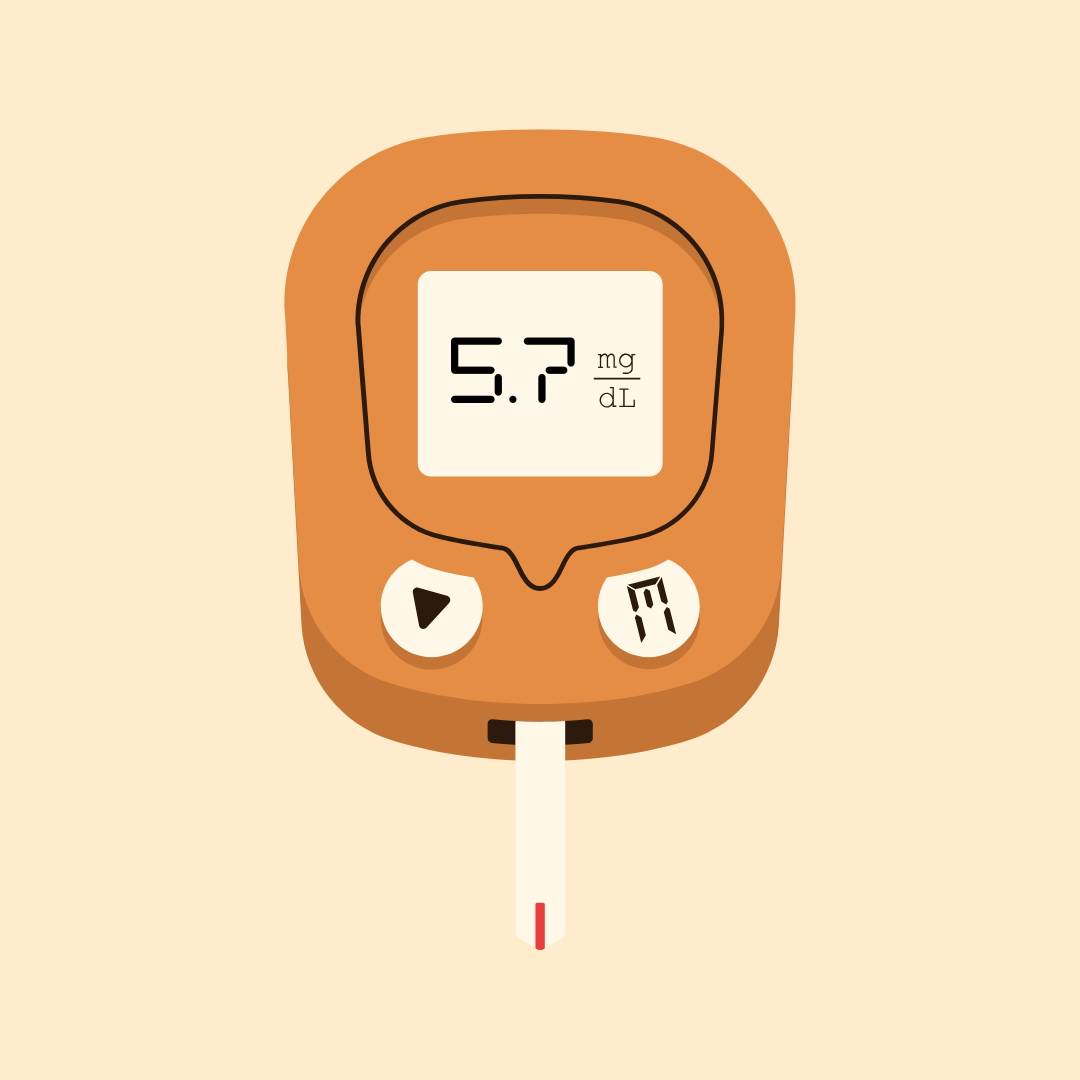Harriet Blannin-Ferguson @the.breast.help is a registered midwife and an Internationally Board Certified Lactation Consultant (IBCLC).
Gestational Diabetes (GDM) is a type of diabetes that develops during pregnancy. It occurs when the body can’t produce enough insulin, which leads to high blood sugar levels. While it may seem concerning, gestational diabetes can usually be managed with lifestyle changes, and most women will have a healthy pregnancy and baby.
What Causes Gestational Diabetes?
During pregnancy, hormones from the placenta can make your body less responsive to insulin, a condition known as insulin resistance. This means your body needs more insulin to keep your blood sugar levels in check. If your pancreas can’t meet this demand, it results in higher blood glucose levels. Some women may already have insulin resistance before pregnancy, making it harder to produce enough insulin during this time.
Who is at Risk?
Certain women are more likely to develop gestational diabetes, including those who:
• Have had gestational diabetes in a previous pregnancy
• Are over 40 years old
• Have a family history of type 2 diabetes
• Are overweight or have had elevated blood glucose levels in the past
• Have certain health conditions, like Polycystic Ovary Syndrome (PCOS)
• Are from higher-risk ethnic backgrounds, including African, Asian, or South American descent
However, gestational diabetes can also occur in women with no known risk factors, so it’s important for all pregnant women to get tested.
How Is It Diagnosed?
Gestational diabetes is diagnosed with an oral glucose tolerance test (OGTT). This test measures your blood sugar after fasting overnight and again after drinking a sugary solution. If your levels are higher than normal, you may be diagnosed with gestational diabetes.
Managing Gestational Diabetes
If you’ve been diagnosed with gestational diabetes, don’t worry—you're not alone. Around one in seven women will experience this during pregnancy, and in most cases, it’s manageable.
The main treatment for gestational diabetes involves:
• Healthy Eating: A balanced diet is crucial in managing blood glucose levels. Focus on eating foods with low glycemic indices and swap out processed snacks for healthier options. Regular meals with controlled portions can help maintain steady glucose levels.
• Regular Exercise: Moderate exercise is beneficial for controlling blood sugar and preparing your body for labour. Activities like walking or swimming are gentle on your body and safe for pregnancy.
• Blood Glucose Monitoring: Monitoring your blood glucose is essential. Typically, you’ll test your levels first thing in the morning and two hours after meals. Keep track of your results to help adjust your diet, exercise, or medication as needed.
• Medication or Insulin: In some cases, you may need medication or insulin injections to help manage your blood sugar levels. Your healthcare team will guide you on the right course of action.
By following these steps, you can reduce the risk of complications, such as having a larger baby or needing a caesarean section, ensuring a healthier pregnancy and delivery. If you have any concerns or notice your levels are out of range, speak with your healthcare team for tailored advice and support.
What Happens After Birth?
Gestational diabetes usually resolves after childbirth, but it increases the risk of developing type 2 diabetes later in life. Your doctor will likely recommend follow-up tests to monitor your blood sugar levels in the years after pregnancy. It's also important to know that your baby may have an increased risk of developing type 2 diabetes later in life as well.
Why It’s Important to Manage Gestational Diabetes
While gestational diabetes doesn’t affect your baby’s immediate health, it can lead to complications like a larger-than-average baby or premature birth. The good news is that most women with gestational diabetes go on to have healthy pregnancies and babies, especially with the right care and management.
Remember, gestational diabetes is a temporary condition. By eating healthily, staying active, and monitoring your blood glucose levels, you can ensure the best possible outcome for both you and your baby.
Useful Resources for our GDM Mamas
Learn: National Diabetes Services Scheme
Read: Real Food for Gestational Diabetes by Lily Nichols
Listen: Gestational Diabetes Club
For Recipe + Snack Advice: @nutrition.by.helena + @gestationaldiabetes_dietitian
Cart is Empty
Your Cart is Empty
- Choosing a selection results in a full page refresh.
- Opens in a new window.












